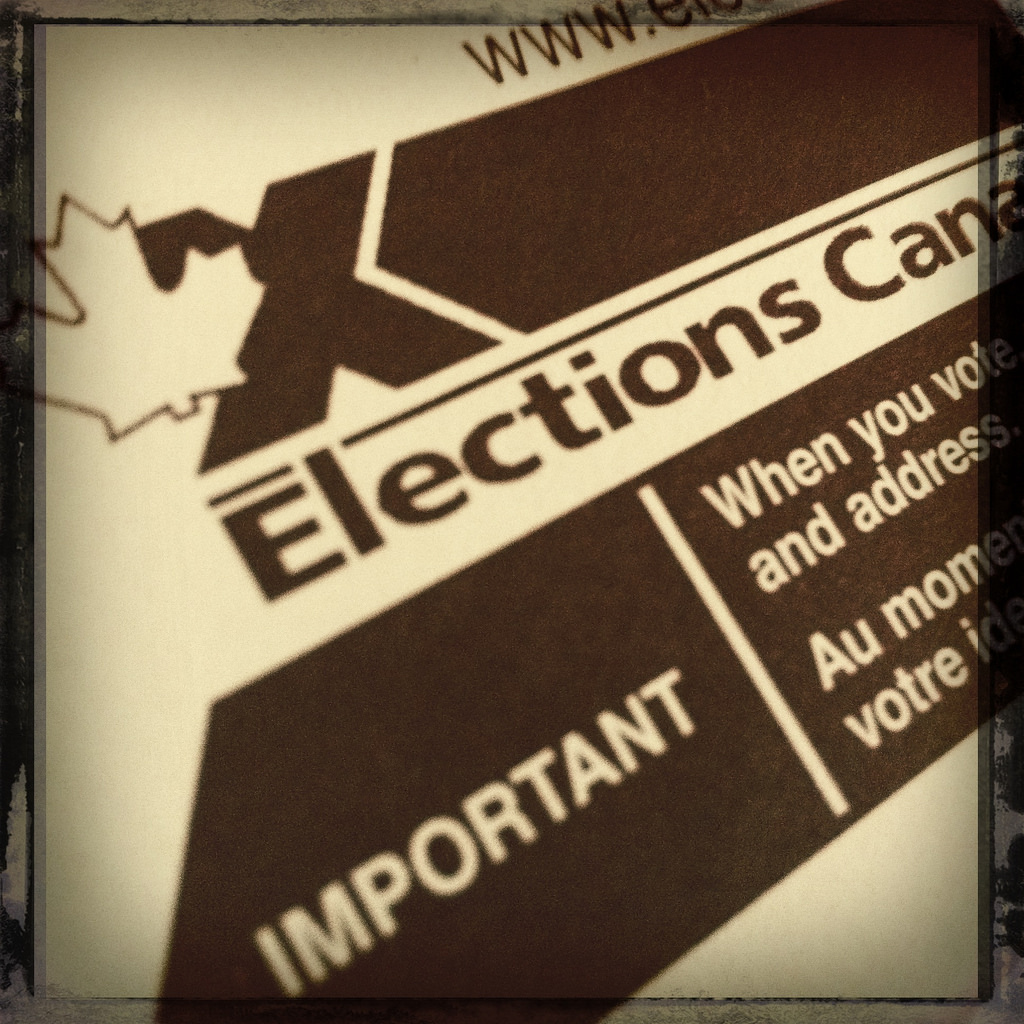On Monday, September 26, the Special Committee on Electoral Reform was in Whitehorse seeking opinions from Yukoners. Questions centered on which electoral models could, or could not, serve the North and Yukon. The ensuing discussions revealed just how difficult it will be to come up with an electoral system that serves all Canadians well. Electoral reform is a daunting project.
Most Conservatives will tell you that we should keep the First Past the Post electoral system because it works perfectly well. And it does…for the Conservative Party of Canada. (Beware of conservatives disguised as defenders of democracy.)
In the 2011 federal election, a popular Green candidate split the progressive vote with the popular Liberal incumbent in Yukon. This led to a Conservative win. This story played out across the country.
During the 2011 election, CBC did a compass point exercise demonstrating where the parties stood on the political spectrum. The Greens, Liberals, NDP and the BQ were clustered just left of center. Many of their platforms were similar. The Conservative Party of Canada was alone and very far to the right.
In 2015, progressives voted strategically, en masse, to turf a government they saw as unfit and undemocratic.
Citizens should not have to vote against candidates and parties. They should be voting for candidates and party platforms they approve of. The ability to vote with your heart and mind is the essence of a healthy democracy.
FPTP can only reflect the will of the majority when there are only two candidates and two parties. And even with two choices, as many as 49 per cent could well find their needs ignored by governments elected using FPTP.
Voter apathy came up several times on Monday. Most witnesses believed that more people would vote if they thought that it would make a difference.
First Past the Post is a broken system.
Do we need a national referendum on whether to replace FPTP?
Consider that, in the last federal election, more than 68 per cent of electors voted for political parties that endorsed electoral reform. That is twice the percentage necessary to form a majority government under our antiquated electoral system. By the reckoning of those who support the status quo, the government already has a strong mandate to replace First Past the Post.
Should we have a referendum on what kind electoral system we replace FPTP with?
Monday night’s excellent work demonstrated the difficulty of designing an electoral system that gives fair regional and party representation across a large diverse country. I fail to see how such a complex challenge can be resolved with a referendum. It is simply the wrong tool.
Deep public consultations, surveys and full disclosure by the special committee are a better way. We all want the special committee to get it right. And the right solution will not come from a simple yes or no answer.
Like this article? rabble is reader-supported journalism. Chip in to keep stories like these coming.
Image: Flickr/Chris Campbell



